Illumina Inc. says it can read a person’s entire genetic code for as little as $200 with its new sequencing machine, bringing the company within reach of its long-promised goal of the $100 genome.
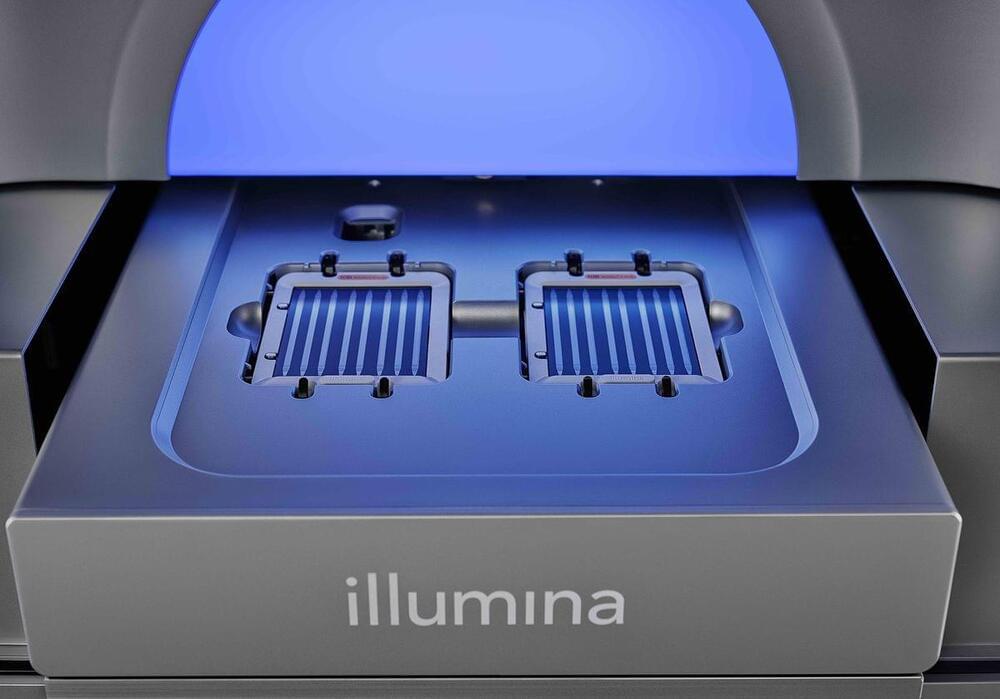


Sometimes, it can be hard to follow dietary recommendations despite new dieting ideas and trends.
Everyone’s dietary needs are different, which means that diets often need to be diverse and tailored based on individual needs and health risks.
A recent study published in Gastroenterology looked at diets high in fermentable fiber in mice and their associated risk for developing liver cancer.
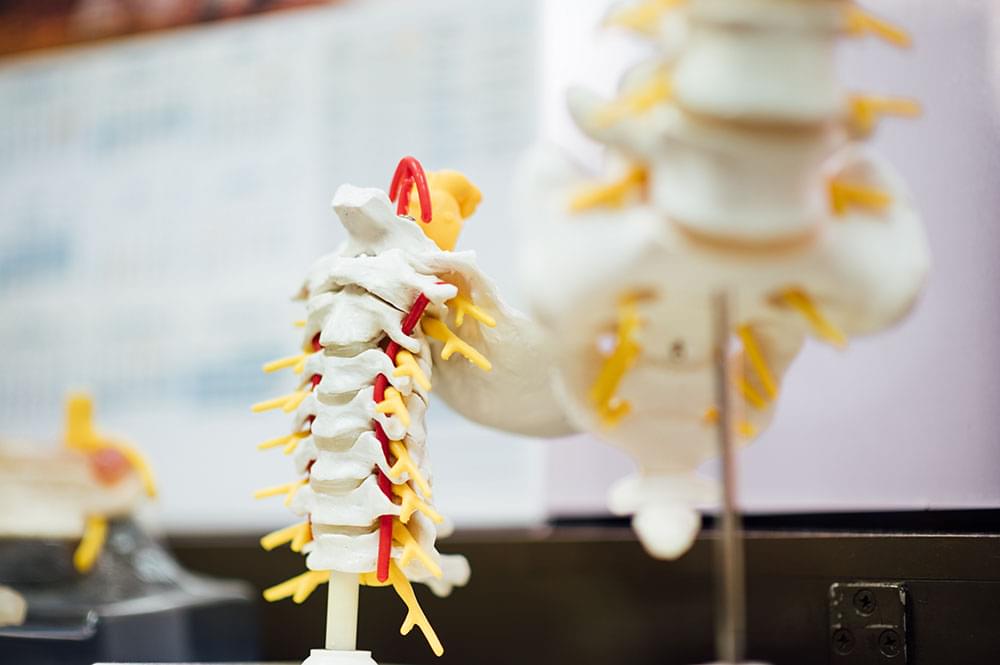
Few human injuries are as catastrophic as those to the spine. An accident, disease or act of violence affecting the spine can result in poor function – even paralysis – almost anywhere in the body.
The spinal column is enormously complex, with limited capacity for regeneration and any health implications are usually long-term and chronic.
While there is no known way to repair a spinal cord injury (SCI), scientists may be on the cusp of some important breakthroughs. New approaches are being taken to reverse the nerve damage, with some researchers attempting to reshape the architecture of the spinal cord using materials engineered in the laboratory.

A physicist’s do-it-yourself art project makes vibrant images with a pair of polarizers and carefully placed layers of transparent tape.
When the COVID-19 pandemic shut down universities and offices across the world in spring 2020, finding new hobbies to stave off fear (and boredom) became paramount. While some took up cross-stitch or a new stretching routine, Aaron Slepkov, a photonics researcher at the University of Trent in Peterborough, Canada, turned to a physics-inspired art form called polage to occupy his time.
Polage, or polarization-filtered coloration, as Slepkov calls it, is a kind of collage that uses polarizers and thin films to create brightly colored artworks that transform depending on how you look at them. This metamorphosis is made possible by birefringence, an optical property of certain materials that changes the polarization state of transmitted light. Examples of birefringent materials include ice, calcite crystals, cellophane film, and transparent tape.

This year’s Breakthrough Prize in Life Sciences has a strong physical sciences element. The prize was divided between six individuals. Demis Hassabis and John Jumper of the London-based AI company DeepMind were awarded a third of the prize for developing AlphaFold, a machine-learning algorithm that can accurately predict the 3D structure of proteins from just the amino-acid sequence of their polypeptide chain. Emmanuel Mignot of Stanford University School of Medicine and Masashi Yanagisawa of the University of Tsukuba, Japan, were awarded for their work on the sleeping disorder narcolepsy.
The remainder of the prize went to Clifford Brangwynne of Princeton University and Anthony Hyman of the Max Planck Institute of Molecular Cell Biology and Genetics in Germany for discovering that the molecular machinery within a cell—proteins and RNA—organizes by phase separating into liquid droplets. This phase separation process has since been shown to be involved in several basic cellular functions, including gene expression, protein synthesis and storage, and stress responses.
The award for Brangwynne and Hyman shows “the transformative role that the physics of soft matter and the physics of polymers can play in cell biology,” says Rohit Pappu, a biophysicist and bioengineer at Washington University in St. Louis. “[The discovery] could only have happened the way it did: a creative young physicist working with an imaginative cell biologist in an ecosystem where boundaries were always being pushed at the intersection of multiple disciplines.”
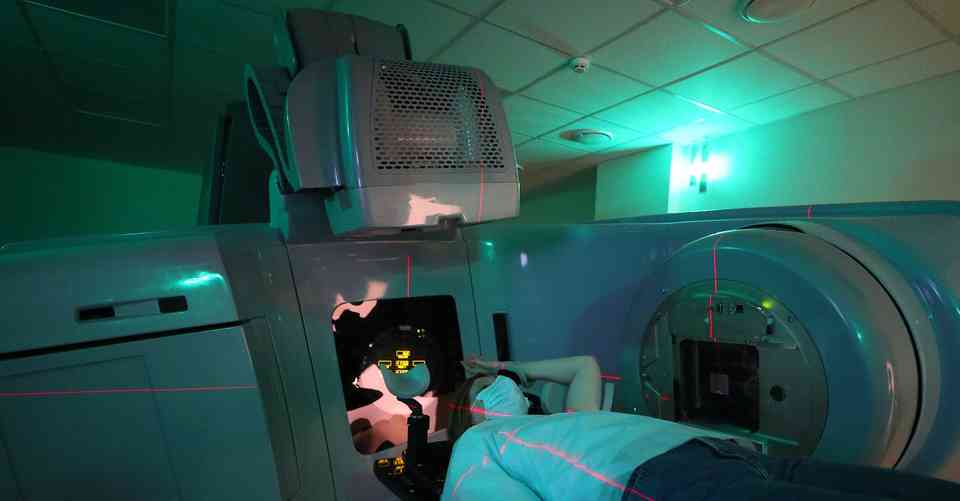
A new cancer therapy that uses a modified herpes virus to attack tumor cells showed promise in early clinical trials abroad.
The drug, called RP2, completely obliterated one patient’s oral cancer. The 39-year-old told the BBC that he had cancer of the salivary glands, which continued to grow despite attempts at treatment.
He was preparing for the end of his life when he learned about the experimental drug, which was available through a phase one safety trial at the Institute of Cancer Research in the UK.
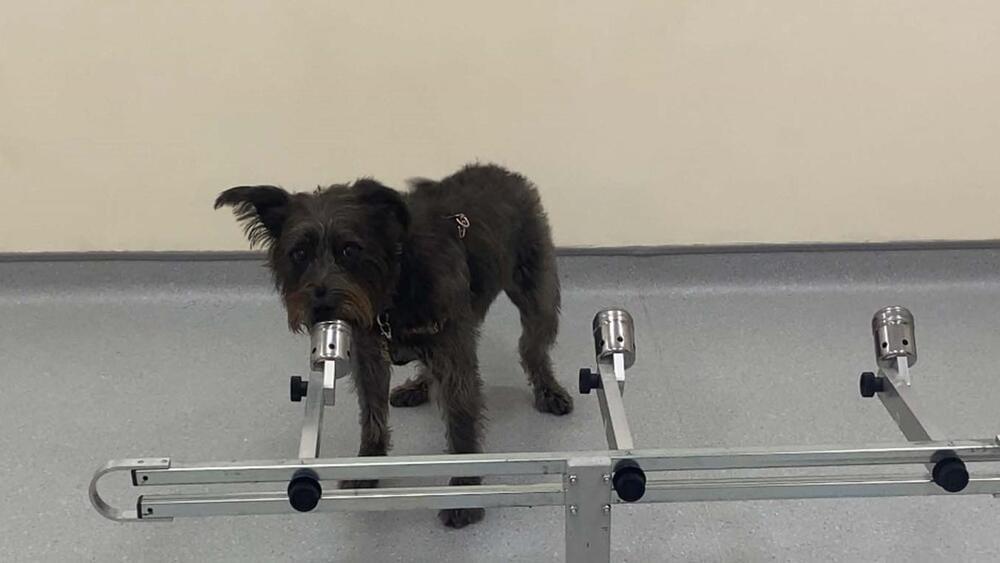
Dogs are amazing, and we all know it.
Dogs do a lot for us. They sniff out diseases, lead those who are blind or visually impaired, and search for humans in disaster areas. And it would come as no surprise if we told you that they could detect stress through humans’ sweat and breath, as well.
Researchers from Queen’s University, Belfast, collected sweat and breath samples of 36 participants before and after they handled a tense mental arithmetic task.
Queen’s University Belfast.
A recent study published in the journal PLOS ONE has revealed just that.

Including decaffeinated and instant ones.
A new study conducted by Australian scientists suggests that consuming two to three cups of decaffeinated, ground, and instant coffee can lower the risk of developing cardiovascular disease and dying early.
“In this large, observational study, ground, instant, and decaffeinated coffee were associated with equivalent reductions in the incidence of cardiovascular disease and death from cardiovascular disease or any cause,” says study author Professor Peter Kistler of the Baker Heart and Diabetes Research Institute in a media release.
“The results suggest that mild to moderate intake of ground, instant, and decaffeinated coffee should be considered part of a healthy lifestyle.”
Full Story:
SB/iStock.
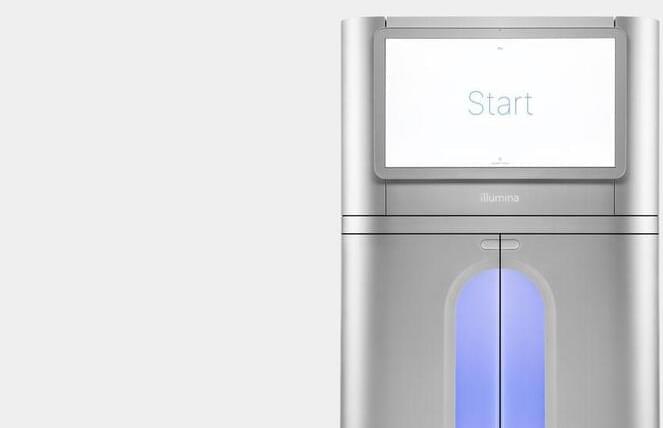
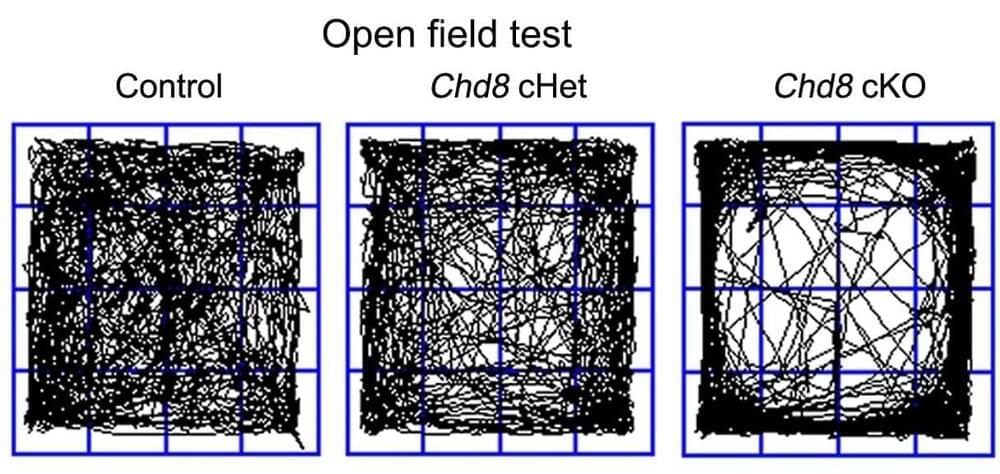
In adult mice with loss of CHD8 gene function, FDA-approved drug partially restores disrupted brain cell production
CINCINNATI, Sept. 23, 2022 /PRNewswire/ — Research led by a scientist at Cincinnati Children’s who primarily studies brain tumors may open doors for improved treatment of autism.
Autism spectrum disorder (ASD) affects about one in 40 children between ages 3 and 17, according to the National Survey of Children’s Health. Those affected often experience difficulty socializing, impaired language development, repetitive behaviors, and other symptoms. Of those tested for various genes linked to the condition, nearly everyone with disruptive mutations of the gene CHD8 has autism.